Eligibility typically includes a high school diploma with specified science prerequisites, varying by institution. Fee structures vary depending on the college and may include options for scholarships or financial aid.
Eligibility & Fee Structure for Bachelor of Science (B.Sc. PCM) Course
The Bachelor of Science (B.Sc.) program with a specialization in Physics, Chemistry, and Mathematics (PCM) is a highly sought-after undergraduate course that offers a strong foundation in the physical sciences and mathematics. It is an ideal choice for students who have a keen interest in these subjects and aspire to pursue careers in fields like research, engineering, technology, or academia. In this comprehensive guide, we will explore the eligibility criteria and fee structure for the B.Sc. PCM program.
B.Sc. PCM Course Eligibility Criteria
Eligibility criteria for admission to a B.Sc. PCM programs may vary from one educational institution to another. However, the following are the general eligibility requirements:
-
Educational Background: Applicants should have completed their higher secondary education (10+2) or an equivalent qualification from a recognized board or institution. This means that candidates should have passed their 12th-grade examinations.
-
Minimum Percentage: Many institutions require candidates to have a minimum aggregate score in their 10+2 examinations, typically in the range of 45% to 60%. However, this percentage requirement may vary depending on the university or college.
-
Subject Requirements: To be eligible for the B.Sc. PCM program, candidates should have a strong foundation in physics, chemistry, and mathematics at the 10+2 level. Specific subject prerequisites may vary by institution, but candidates should have studied these subjects at the higher secondary level.
-
Entrance Examinations: Some universities or colleges may conduct entrance examinations as part of the admission process. These exams assess the candidates' knowledge of science-related subjects and their aptitude for the program. Institutions that conduct entrance exams usually consider the scores along with the academic qualifications.
-
Language Proficiency: Proficiency in the English language is often required, especially if the program is taught in English. Applicants may need to demonstrate their language proficiency through standardized tests like IELTS or TOEFL.
-
Personal Statement: Some institutions may ask applicants to submit a personal statement or statement of purpose (SOP) outlining their motivation for pursuing a degree in physics, chemistry, and mathematics, as well as their career goals and relevant experiences or interests.
-
Letters of Recommendation: In some cases, universities may request letters of recommendation from teachers or individuals who can vouch for the applicant's academic abilities or character.
-
Interview: A personal interview may be part of the admission process at certain institutions. During the interview, candidates may be asked questions about their background, interests, and aspirations.
-
Additional Requirements: Depending on the institution, there may be additional requirements, such as a medical examination to assess the candidate's physical fitness for the program.
Prospective students should carefully review the specific eligibility criteria of the institutions they are interested in to ensure they meet all the requirements.
B.Sc. PCM Course Fee Structure
The fee structure for a B.Sc. PCM programs can vary significantly depending on various factors, including the type of institution (public or private), the reputation of the institution, and the geographical location. Here are some key considerations regarding the fee structure:
-
Government Institutions: Public or government-funded institutions typically offer lower tuition fees compared to private institutions. Government colleges often receive subsidies, making them more affordable for students.
-
Private Institutions: Private universities and colleges tend to have higher tuition fees than government institutions. However, they may provide scholarships, financial aid, or flexible payment options to assist students in managing their educational expenses.
-
Seat Allocation: Some countries or states may have reserved seats or quotas for students from specific regions or categories. These seats may have lower fees for eligible candidates.
-
Scholarships and Financial Aid: Both government and private institutions may offer scholarships and financial assistance to deserving students. Scholarships can be based on academic merit, financial need, or other criteria.
-
Additional Costs: In addition to tuition fees, students should budget for additional expenses, including registration fees, examination fees, laboratory fees, and the cost of study materials and textbooks.
-
Accommodation: If you plan to stay in university accommodation, consider the associated fees and expenses.
-
Financial Planning: Students should plan their finances carefully and explore scholarship opportunities, grants, and student loan options to fund their education.
-
International Students: International students may face different fee structures, often with higher fees for non-resident students. It's crucial for international students to understand the fee structure and any available scholarships or financial aid.
 3 Years
3 Years
 Under Graduate
Under Graduate
 Science
Science

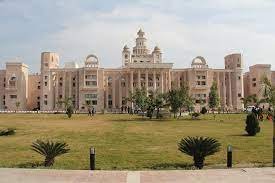
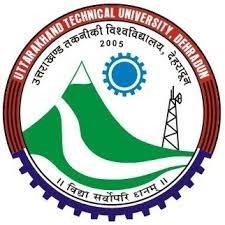

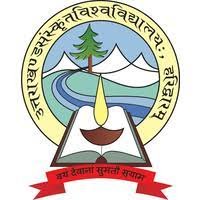
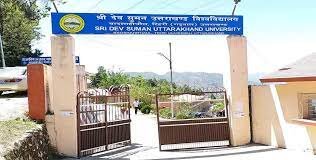
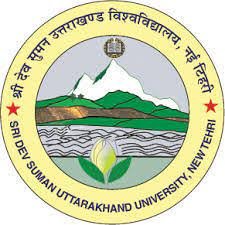
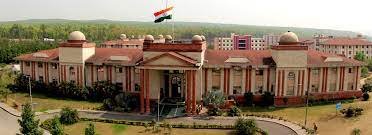
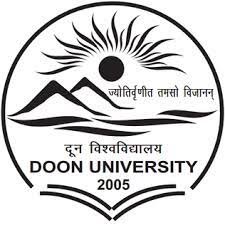

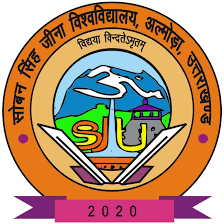

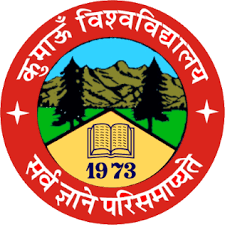

 back
back

